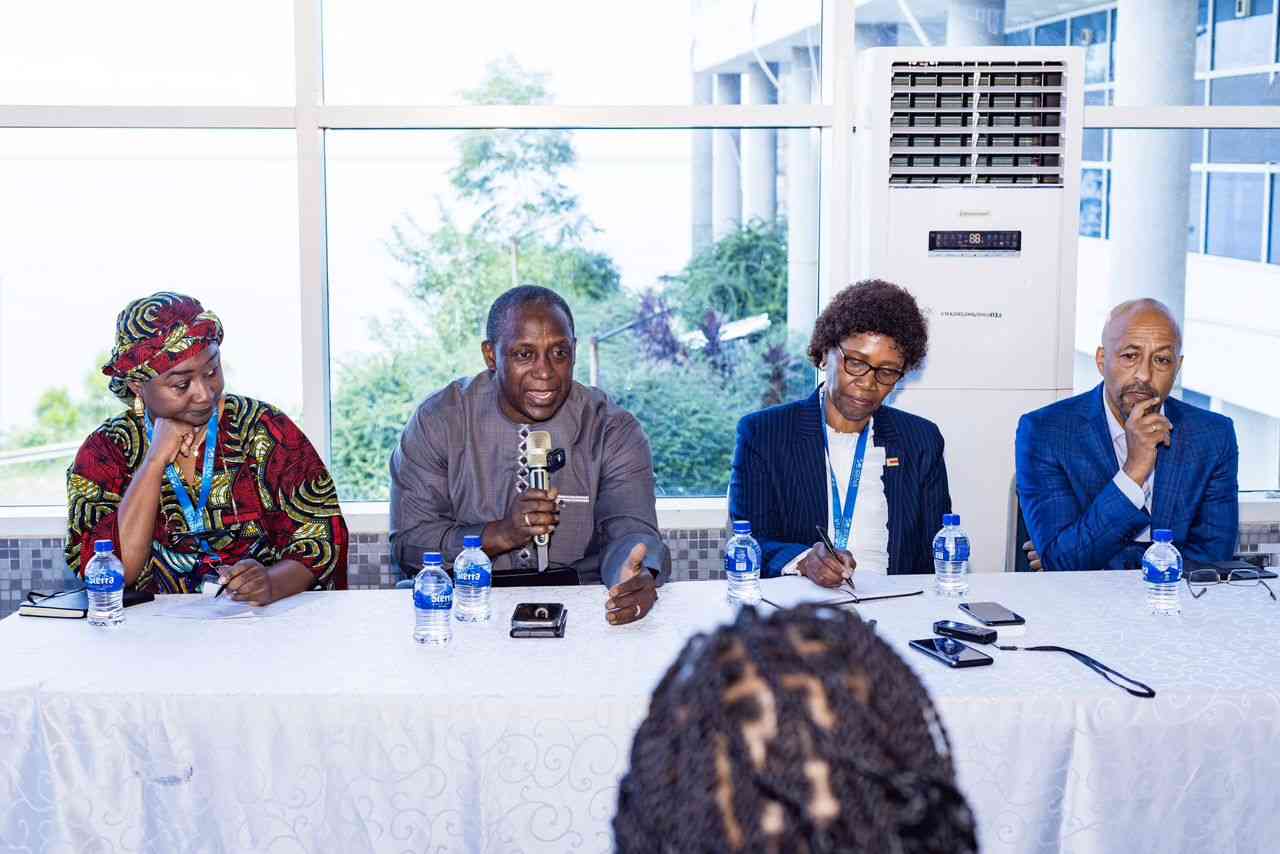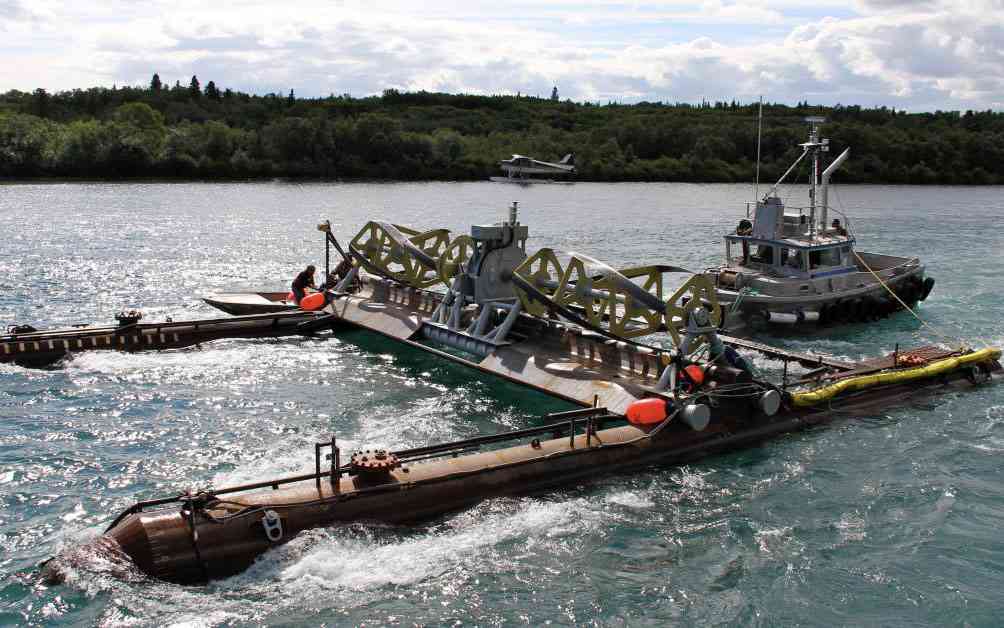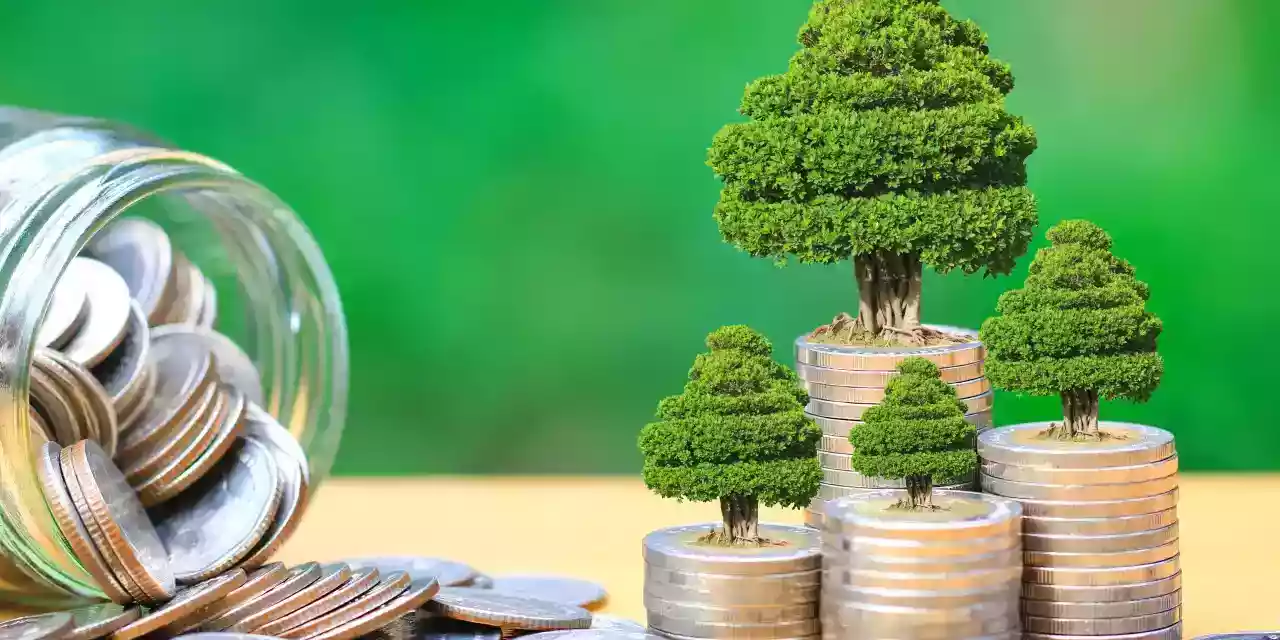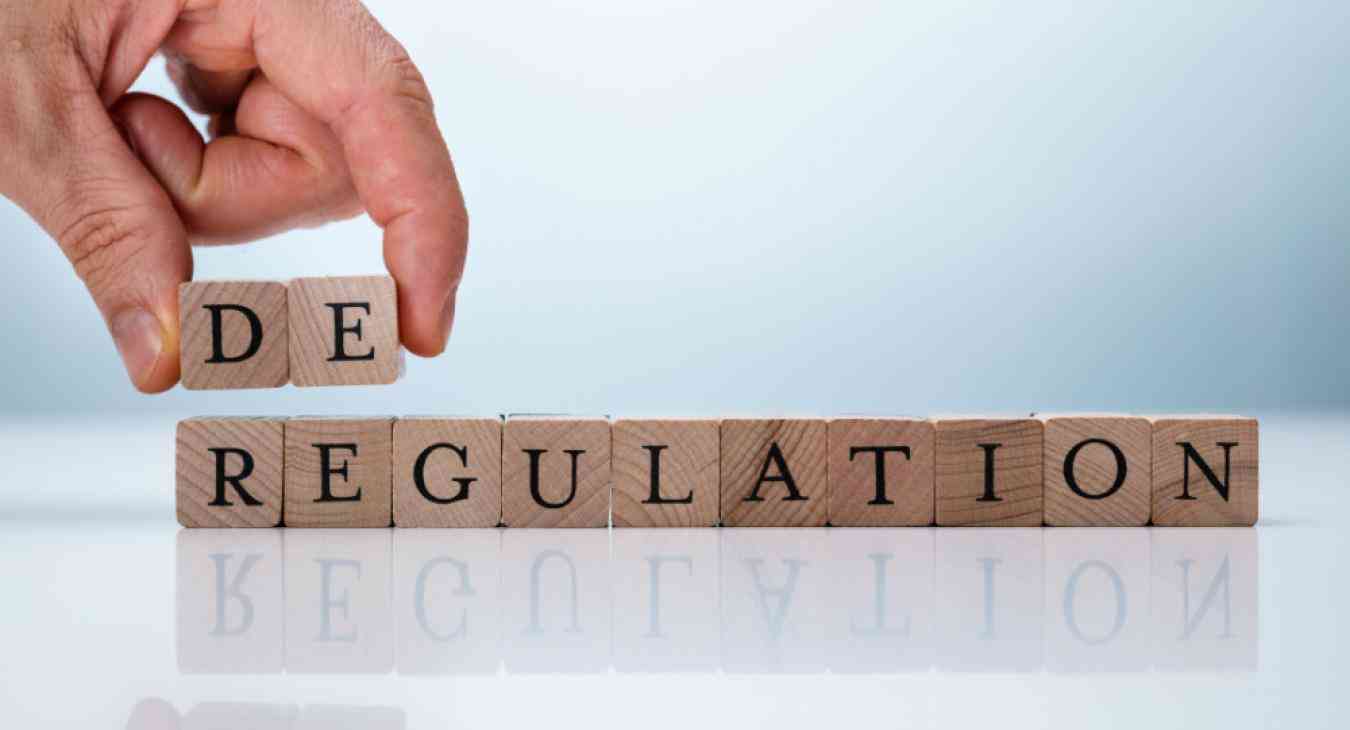
Governments across Africa have cited policy reform and project diversification as some of the key strategies they would use to attract investment towards sustainable energy sectors, at a time when the gap between electricity demand and access continues to increase despite the continent’s vast clean power potential.
African countries currently aim to install 300 gigawatts (GW) renewable energy capacity by 2030 in order to meet the increasing demand and propel the continent’s transition towards green growth.
But, in 2024, the continent collectively added 4.2 GW, representing 1.5% of global newly-added capacity, a reminder of the injustice that confronts the continent's transition plans, particularly lack of funding, says Sierra Leone’s Energy Sector Lead Kandeh Yumkella.
“Africa has received less than 1% of global energy transition financing in recent years, highlighting the stark geographic disparity in capital flows,” Yumkella told attendants at the Accelerated Partnership for Renewables in Africa’s (APRA) Second Investment Forum held in Freetown, Sierra Leone, last week.
“This disparity in investments has been increasing and that's the reason why we established the Accelerated Partnership for Renewables in Africa two years ago.”
APRA, co-hosted by the International Renewable Energy Agency (IRENA) and Sierra Leone this year, provided a platform for ministers, distinguished representatives from partners, investors, developers and financial institutions from across the continent and beyond to engage in high-level dialogues and technical sessions.
According to IRENA, several macroeconomic challenges including gaps in governance, limited institutional capacity, and policy instability, human capital constraints, and infrastructure limitations, impede private sector investments in Africa.
“We (APRA-member countries) have the projects listed, our priorities, and the reforms we should do. Remember, this is not aid money but investment, which means countries have to do homework to attract investment,” Yumkella said at a press briefing during the forum.
- Open letter to President Mnangagwa
- Feature: ‘It’s worse right now than under Mugabe’: Sikhala pays the price of opposition in solitary cell
- Masvingo turns down fire tender deal
- Human-wildlife conflict drive African wild dogs to extinction
Keep Reading
“So we have listed things and the first barrier we have overcome is that we have plans and all of us have done major reforms.”
Yumkella also urged African countries to take advantage of the continent’s endowment in critical energy transition minerals to raise capital.
“We are sitting on almost 30 to 40% of the world's critical metals (so) there will not be a global energy transition without Africa,” he said.
“We need to leverage our mineral wealth to raise capital to invest in what we need. We have had a case where it's mercantilism where we export all of these minerals and maybe we get 2%.
“It's different now, how do you use these natural resources to leverage more capital coming in?”
Launched in 2023 to facilitate the Nairobi Declaration, APRA’s membership currently includes Djibouti, Ethiopia, Ghana, Kenya, Mozambique, Namibia, Rwanda, Sierra Leone, Uganda and Zimbabwe with more countries expected to join. Its founding partners are Denmark, Germany, the UAE, and the US, while IRENA and UNOPS serve as the Secretariat.
Meanwhile, speaking at the same forum, Zimbabwe’s ministry of Energy and Power Development permanent-secretary Gloria Magombo called on countries to come up with lucrative deals to attract private funding at a time when financing from donors and international finance institutions is shrinking.
“We have realised in Zimbabwe that whilst international funding comes with all sorts of strings and other issues, and because of our indebtedness, we are still renegotiating our debt and restructuring but we are looking at private funding,” said Magombo.
“We have raised funding from our insurance funds and most of the projects which we have built, almost over 300 megawatts of renewable energy projects, have been done from our own funds.
“So we are also advocating that while we are looking for green climate funding, at times we (Africans) are on our own and have to do things on our own.”
The second edition of the high-level renewables engagement came at a time when the continent —which requires an average annual investment of US$70 billion in renewable energy— received only 2.3% of global investment in 2023, according to IRENA data.











